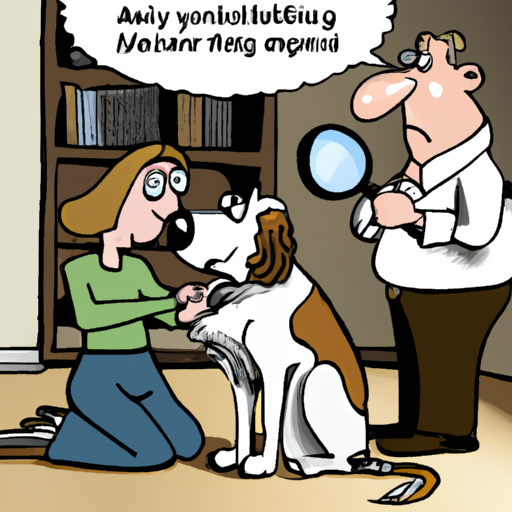Cloudy eyes in dogs can be alarming. Your furry friend’s eyes should be clear and bright, and when they’re not, it’s understandable to be concerned. However, cloudy eyes don’t always indicate a serious health issue. Various conditions can cause this symptom, from aging to more severe health problems. Knowing the potential causes and treatments can provide peace of mind and help you take the right course of action.
Table of Contents
- Common Causes of Cloudy Eyes in Dogs
- Understanding Cataracts
- Treatment Options for Cataracts
- Understanding Glaucoma
- Treatment Options for Glaucoma
- Other Potential Causes of Cloudy Eyes
- When to Seek Veterinary Care
- Frequently Asked Questions
Key Takeaways
- Cloudy eyes in dogs can be due to aging, cataracts, glaucoma, or other health conditions.
- Regular veterinary check-ups can help detect eye problems early.
- Treatment options vary depending on the cause, ranging from medication to surgery.
- It’s crucial to monitor your dog’s eye health and seek veterinary care if you notice changes.
Common Causes of Cloudy Eyes in Dogs
The most common causes for cloudy eyes in dogs are aging, cataracts, and glaucoma. However, other health conditions can also contribute to this symptom.
Understanding Cataracts
Cataracts are one of the most common causes of cloudy eyes in dogs. This condition occurs when the lens of the eye becomes opaque, leading to diminished vision or blindness. It’s most common in older dogs, but can also occur in younger ones due to genetics or injury. You can learn more about cataracts in dogs here.
Treatment Options for Cataracts
Treatment for cataracts often involves surgery to replace the affected lens with an artificial one. However, not all dogs are candidates for this procedure. In some cases, medication may be used to slow the progression of the disease. Be sure to consult with your veterinarian to determine the best course of action.
Understanding Glaucoma
Glaucoma is another common cause of cloudy eyes in dogs. This condition involves an increase in pressure within the eye, leading to pain and potential blindness. It’s important to catch and treat glaucoma as soon as possible to prevent permanent damage. The American College of Veterinary Ophthalmologists provides more detailed information on this condition.
Treatment Options for Glaucoma
Treatment for glaucoma typically involves medications to reduce the pressure within the eye. In severe cases, surgery may be necessary. Regular veterinary care is crucial in managing this condition.
Other Potential Causes of Cloudy Eyes
While cataracts and glaucoma are the most common causes of cloudy eyes, other conditions can also lead to this symptom. These include corneal ulcers, uveitis, and dry eye. You can find more information on canine eye health issues here, here and here.
When to Seek Veterinary Care
If you notice changes in your dog’s eyes, it’s important to seek veterinary care as soon as possible. Early detection and treatment can help prevent permanent damage and improve your dog’s quality of life.
Frequently Asked Questions
-
What does it mean if my dog’s eyes are cloudy?
Cloudy eyes can indicate several conditions, ranging from aging to serious health issues like cataracts or glaucoma. -
Can cloudy eyes in dogs be treated?
Yes, treatment options vary depending on the cause of the cloudiness. This can range from medication to surgery. -
Are cloudy eyes a sign my dog is going blind?
Cloudy eyes can be a sign of conditions that may lead to blindness, like cataracts or glaucoma. However, cloudiness can also be a sign of aging or other less serious conditions. -
How can I prevent my dog from getting cloudy eyes?
Regular veterinary check-ups can help catch potential issues early. You should also protect your dog’s eyes from injury and provide a healthy diet.
Remember, your dog’s eyes are windows to their health. Regular check-ups, prompt attention to changes, and a healthy lifestyle can help keep those windows clear and bright.



